

KENNESAW, Ga. | May 21, 2021
Kennesaw State University is building its research muscle through the addition of postdoctoral researchers — non-faculty staff who work to advance the institution’s scientific investigation in a wide range of disciplines.
Since 2020, Kennesaw State has added 10 postdoctoral researchers across five colleges, including several postdoctoral researchers who are the first for the departments and colleges they serve. It’s a natural part of KSU’s growth as a research university, according to Bill Diong, associate vice president for research.
These researchers play a significant role in Kennesaw State’s overall research strategy. They carry out research projects, contribute to research papers and grant proposals, and are vital in facilitating research lab work for undergraduate and graduate students, Diong explained. Postdoctoral work is a common step for aspiring researchers to continue their training, while also gaining the necessary research experience for thriving in their future academic or industry careers.
“While KSU continues to pursue additional Ph.D. programs to aid its quest to become one of the best R2 institutions in the country, postdoctoral researchers play an extremely valuable role in supporting our students, too,” said Diong. “In addition to research, they mentor undergraduate and graduate research students and teach classes which afford opportunities for bringing inspirational, state-of-the-art ideas into our classrooms.”
A native of Germany, Arras earned a doctorate in inorganic synthesis and coordination chemistry with a focus on main group elements and late transition metal complexes.
In the two years Arras has spent at KSU, she has already made significant discoveries of new compounds in her research that have the potential to lead to a new generation of OLED (Organic Light-Emitting Diodes) materials for applications in flat screens and other electronic devices. Stollenz said he is amazed at her skill when obtaining experimental results, which are supported by her sophisticated computational studies.
“Her discovery is something which requires synthetic skills on a very high level, as the compounds are extremely sensitive to moisture, air, and light,” he said. “To handle such compounds is not possible for an undergraduate, or even graduate student.” Since coming to Kennesaw State, Arras has published two peer-reviewed journal articles as a co-author in the Stollenz group, with three additional manuscripts in progress.
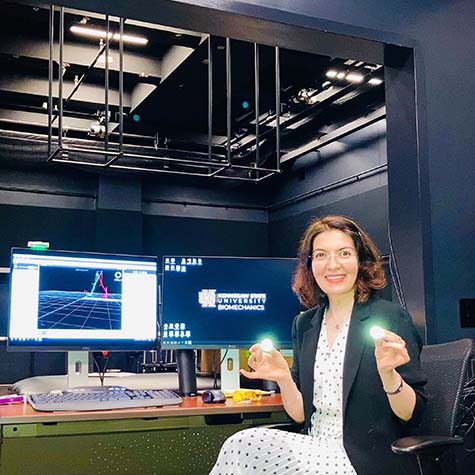
As a part of her postdoctoral research, Rahnama has conducted large-scale data collection and analysis, written her first National Institutes of Health grant proposal, co-written two peer-reviewed journal articles with four other papers undergoing review, and prepared posters and video presentations. Rahnama recently received an award from the National Postdoctoral Association and accepted an invitation to present as a speaker at the World Physiotherapy Congress 2021.
Rahnama said she believes her experiences observing Geil and mentoring KSU students will help her become an effective leader and researcher. “I’m very passionate about finding the clinical benefits of research and using those findings to improve the health of people across the globe,” she said.
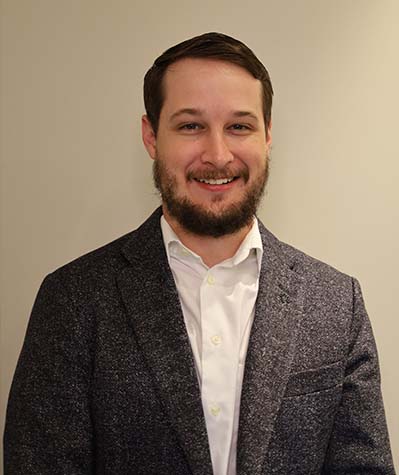
One of the grants Collette is working on focuses on designing and testing a peer-led, self-management program that will help low-income Black men manage chronic health conditions and live a healthier life. Collette said that he and Sterling are identifying health disparities within this demographic as they aim to create a “culturally informed program that will help individuals working with chronic illnesses.”
Although most of his work is behind-the-scenes, Collette happily dubs himself “the nerd behind the computer” and says that Kennesaw State’s many resources and friendly staff make the entire process an enjoyable one. Ultimately, Collette says that he would like to develop a “multi-disciplinary, highly collaborative group of people that is focused on building on human strengths.” He said he is certain that this team will develop interventions that can help people to persevere during tough times.
– By Jacob Segura, Dorothy Corbett and Jhordan John
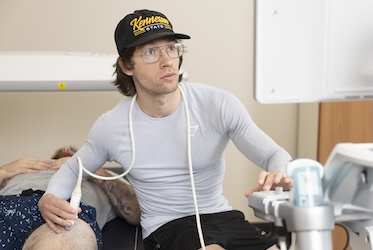
KSU student researchers to share findings at Georgia Capitol
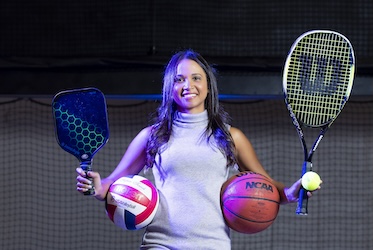
Associate professor serves sport management experiences, resume builders
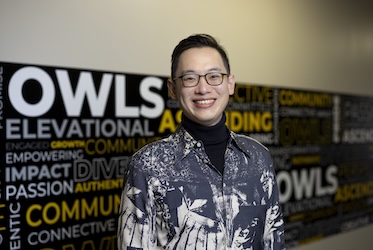
Finding love at first swipe: Kennesaw State research shows how to win at dating apps
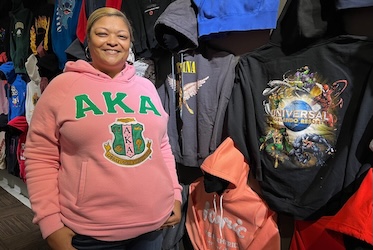
Kennesaw State associate professor co-curates hoodie exhibit at Museum of Design Atlanta
A leader in innovative teaching and learning, Kennesaw State University offers undergraduate, graduate, and doctoral degrees to its more than 51,000 students. Kennesaw State is a member of the University System of Georgia with 11 academic colleges. The university's vibrant campus culture, diverse population, strong global ties, and entrepreneurial spirit draw students from throughout the country and the world. Kennesaw State is a Carnegie-designated doctoral research institution (R2), placing it among an elite group of only 8 percent of U.S. colleges and universities with an R1 or R2 status. For more information, visit kennesaw.edu.